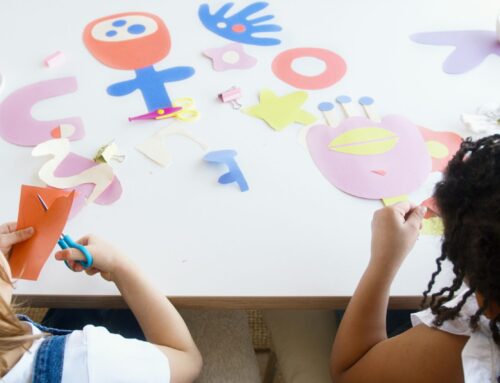By Emma Thomas
Just like us, some children settle easily at night and others have great difficulty falling asleep! Most children will go through periods where they struggle with bedtime. At the end of a long day of work or fun we really want our children to go to bed without a fuss. Also we know that tired children are cranky children and that sleep is crucial for brain development, so we want them to be getting the best rest possible.
Naps!
Making sure your child is having the right amount of daytime sleep is crucial to successful bedtimes (and everyone’s happiness!). Overtired and under tired children find it harder to settle. We have got to the age where we are having to limit my daughter’s naps, otherwise she won’t go back down in the evenings! You want to make sure there is enough time and activity between waking up from their afternoon nap and bedtime so that children are ready for sleep again.
Consistent Routine
We’ve established a good evening routine – dinner, bath, teeth, stories, toilet, songs, sleep. When we’ve been out in the evening, if I try to skip parts of my daughter’s bedtime routine in order to get her into bed faster, it often backfires and she takes longer to settle! Going through the same motions each evening helps children to settle.
Consider what happening during the day
After a busy or unusual day I know that my mind is racing and I have trouble settling to sleep. Our children experience the same thing. It can be helpful to go over a recount of the day and talk about the different experiences and activities. Even children who aren’t talking yet can listen to us calmly recount the activities of the day.
Using a Calendar
At 3 years old my daughter is interested and concerned about what is happening each day. She often asks ‘when I go to sleep and then wake up – it will be Kindy?’ or ‘when I go to sleep and wake up – it will be swimming?’. We have put a calendar in her room and are drawing pictures on it each week so that she knows what is happening. For children who are anxious at bedtime this visual reminder of what is coming the next day can be comforting.
Schedule ‘Chat Time’
How often does your child try and start a deep and meaningful conversation as you’re walking out their door? See if you can shift these conversations to early in the afternoon or evening. You could try starting a conversation during their bath time or after you’ve read a story. If your child really wants to chat as soon as their head hits the pillow, get them into bed 10 minutes earlier so you’ve got time to listen to them talk. My daughter loves it when we lie in bed together and talk about the day. We take turns asking each other ‘what did you enjoy today?’. She always manages to come with more answers than me! I hope that this helps her to go to sleep thinking about the highlights from the day.
Sleep Stories/Meditation
We have loved using sleep stories with my daughter! We started using these at rest time, so even when she doesn’t nap she will still lie on her bed and listen to a story. I also put them on at night if we’ve had a particularly busy day and she needs help winding down.
You can find sleep stories and bedtime meditations on YouTube, Spotify, podcasts or in apps such as ‘Calm’.
Stay with them
Sometimes our little ones just need some extra comfort. When they are sick, upset or going through a transition our presence is sometimes what they need. Staying with them while they settle to sleep will help them to feel safe and secure.
Seek professional help
If you’re child’s sleep is disrupting family life it is important to seek professional help. Children with anxiety may need to access counselling or medication. Look for a professional who will take a holistic approach and consider your child’s personality, daily activities, diet, exercise and home environment.








